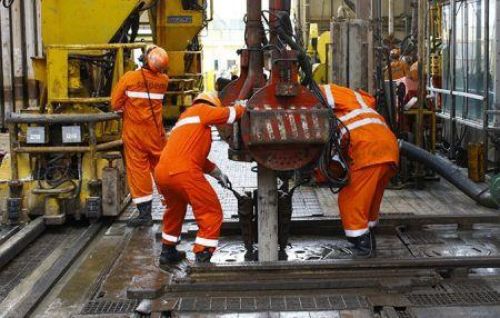Generation

Egypt Commissions Zohr-6 Well to Counter Gas Production Decline

Egypt has commissioned the Zohr-6 well in its giant Zohr gas field, adding approximately 65 million cubic feet per day (MMcf/d) to its national production, the Ministry of Petroleum announced August 27. The move is part of a broader effort to optimize natural gas output, which has been the cornerstone of Egypt’s energy autonomy since 2018 but has recently faced declines.
Two additional wells, Zohr-9 and Zohr-13, are currently being drilled as part of the field’s third development phase, with a total budget estimated at $320 million.
Discovered in 2015 and operated by Italian multinational Eni, Zohr has historically underpinned Egypt’s energy self-sufficiency. The field reached a peak production of 2.7 billion cubic feet per day (bcf/d) in 2019 before receding to 1.9 bcf/d by early 2024, according to official data. This decline has contributed to a broader reduction in national gas production, which fell from approximately 6 bcf/d in 2022 to less than 4 bcf/d in 2025.
The reduced output from Zohr has strained domestic supply, particularly for power plants, which consume over 60% of the gas produced, according to the Ministry of Petroleum. Consequently, liquefied natural gas (LNG) exports have been significantly curtailed or suspended to prioritize internal demand.
To meet local requirements, Egypt has increased LNG imports in recent months, the Egyptian Natural Gas Holding Company (EGAS) reported. Over the past year, Egypt imported 2.78 million tons of LNG at an estimated cost of $8 billion, according to specialized press. Nearly 300 LNG cargoes have been negotiated through 2026 to prevent further power outages during peak consumption periods, which can exceed 37 gigawatts per day.












